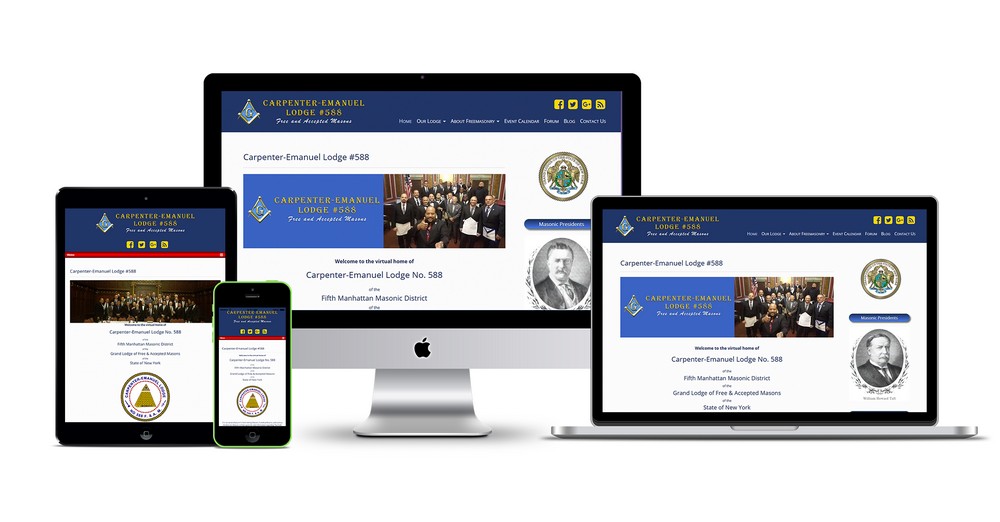A Guide to SEO Success
In the ever-evolving digital landscape, creating content that ranks well on search engines is both an art and a science. With the advent of artificial intelligence (AI), this process has become more streamlined and effective. This guide will explore how to leverage AI to create SEO-friendly articles that not only attract traffic but also rank high on search engine results pages (SERPs).
Understanding SEO Basics
Before diving into AI, it’s crucial to understand the fundamentals of Search Engine Optimization (SEO). SEO involves optimizing your content to improve its visibility on search engines like Google. Key aspects include:
- Keyword Research: Identifying relevant keywords and phrases that your target audience is searching for.
- On-Page SEO: Optimizing elements on your website such as title tags, meta descriptions, headings, and content.
- Off-Page SEO: Building backlinks and improving your site’s authority and trustworthiness.
- Technical SEO: Ensuring your website is technically sound, with fast load times, mobile-friendliness, and proper indexing.
How AI Transforms SEO Content Creation
AI technologies, particularly natural language processing (NLP) and machine learning, have revolutionized the way we create and optimize content for SEO. Here’s how AI can help:
1. Advanced Keyword Research
AI-powered tools can analyze vast amounts of data to identify high-impact keywords with precision. Tools like Ahrefs, SEMrush, and Google’s AI-driven Keyword Planner can suggest relevant keywords, predict search trends, and analyze competition.
2. Content Generation
AI writing tools, such as OpenAI’s GPT-4, can generate high-quality, engaging content based on the keywords and topics you provide. These tools understand context, tone, and style, ensuring the content is not only optimized for SEO but also valuable to readers.
3. Content Optimization
AI tools can analyze your existing content and suggest improvements to enhance SEO. For example, tools like Clearscope and SurferSEO can provide recommendations on keyword density, readability, and content structure, ensuring your articles are comprehensive and relevant.
4. Competitive Analysis
AI can monitor competitors’ content and strategies, providing insights into what works and what doesn’t. This enables you to refine your content strategy and stay ahead in the SERPs.
5. Performance Tracking
AI-driven analytics tools can track the performance of your content, providing real-time data on traffic, engagement, and rankings. Tools like Google Analytics and AI-based platforms like MarketMuse offer detailed insights, helping you tweak your strategy for better results.
Steps to Create SEO-Optimized Articles Using AI
Step 1: Define Your Goals and Audience
Understand your target audience and what they are searching for. Use AI tools to gather data on their preferences, behaviors, and pain points.
Step 2: Conduct Keyword Research
Utilize AI-driven keyword research tools to find relevant keywords. Look for long-tail keywords and questions your audience might ask, as these often have lower competition and higher conversion rates.
Step 3: Generate Content
Use AI writing tools to draft your article. Provide the AI with a clear outline, including your primary and secondary keywords. Ensure the content is well-structured, informative, and engaging.
Step 4: Optimize On-Page Elements
Use AI tools to optimize your title tags, meta descriptions, headers, and content. Ensure your primary keyword appears in strategic locations, such as the title, first paragraph, and headers.
Step 5: Enhance Readability and Engagement
AI tools can analyze your content’s readability and suggest improvements. Ensure your content is easy to read, with short paragraphs, bullet points, and subheadings.
Step 6: Monitor and Adjust
After publishing, use AI analytics tools to track your content’s performance. Monitor metrics like traffic, bounce rate, and keyword rankings. Use this data to make continuous improvements.
Best Practices for Using AI in SEO
- Quality Over Quantity: Focus on creating high-quality content that provides value to your readers. AI can help you generate content, but it should be reviewed and edited for quality.
- Stay Updated: SEO is constantly evolving. Stay updated with the latest trends and algorithm changes to ensure your content remains relevant.
- Human Touch: While AI can generate content, adding a human touch ensures your articles are engaging and relatable.
Conclusion
AI is a powerful tool for creating SEO-friendly content that ranks well on search engines. By leveraging AI for keyword research, content generation, optimization, and performance tracking, you can streamline your SEO efforts and achieve better results. Remember, the key to SEO success is creating valuable content that resonates with your audience and meets their needs.
Using AI to create articles optimized for SEO is a game-changer in digital marketing. By following the steps and best practices outlined in this guide, you can harness the power of AI to boost your content’s visibility, drive traffic, and achieve higher rankings on SERPs.




















